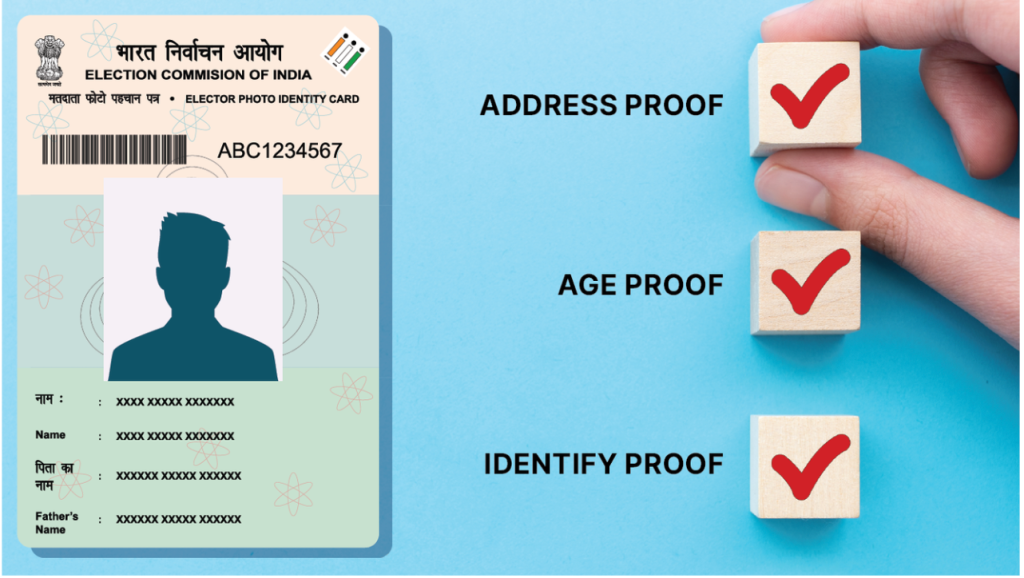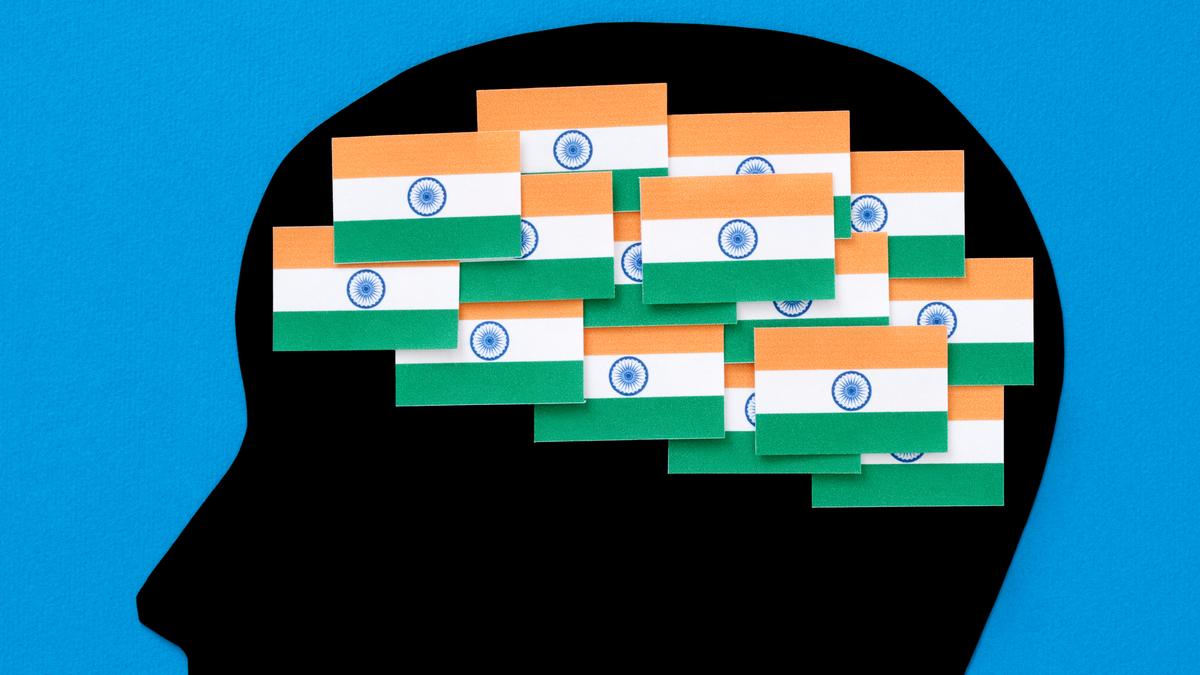- Courses
- GS Full Course 1 Year
- GS Full Course 2 Year
- GS Full Course 3 Year
- GS Full Course Till Selection
- Answer Alpha: Mains 2025 Mentorship
- MEP (Mains Enrichment Programme) Data, Facts
- Essay Target – 150+ Marks
- Online Program
- GS Recorded Course
- Polity
- Geography
- Economy
- Ancient, Medieval and Art & Culture AMAC
- Modern India, Post Independence & World History
- Environment
- Governance
- Science & Technology
- International Relations and Internal Security
- Disaster Management
- Ethics
- NCERT Current Affairs
- Indian Society and Social Issue
- NCERT- Science and Technology
- NCERT - Geography
- NCERT - Ancient History
- NCERT- World History
- NCERT Modern History
- CSAT
- 5 LAYERED ARJUNA Mentorship
- Public Administration Optional
- ABOUT US
- OUR TOPPERS
- TEST SERIES
- FREE STUDY MATERIAL
- VIDEOS
- CONTACT US
CAN TWO ELECTORS HAVE IDENTICAL EPIC NUMBERS?
CAN TWO ELECTORS HAVE IDENTICAL EPIC NUMBERS?
24-04-2025

- The Election Commission of India (ECI) has recently issued a clarification regarding voting procedures.
- It emphasized that an elector is allowed to vote only at the polling booth mentioned on their EPIC (Electors Photo Identity Card).
- This clarification came in response to reports highlighting that electors from two different states were found to have identical EPIC numbers.
What is EPIC?
- EPIC stands for Electors Photo Identity Card.
- It is a photo identity document issued to registered voters.
- Its purpose is to prevent impersonation during elections.
- EPIC is issued by the state governments.
- The legal basis for issuing EPIC is the Registration of Electors Rules, 1960.
- EPIC includes the name ,age ,residence, photograph and facsimile signature(a copy or reproduction of a person’s actual signature) of the elector.
- It may include other particulars specified by the Election Commission of India (ECI).
- EPIC is an identity document only.
- It does not grant the right to vote.
- The right to vote is available only if the elector's name is present in the electoral roll of their constituency.
Unique EPIC Number and FUSN
- As per the EC’s Manual on Electoral Rolls, 2023, every EPIC is issued with a unique EPIC number.
- The EPIC number is an alphanumeric series.
- This number is provided by the Election Commission of India (ECI).
- It includes a Functional Unique Serial Number (FUSN) that is specific to each Assembly constituency.
EPIC Generation Through ERONET
- Since 2017, EPICs are being generated through the ERONET portal.
- A unique EPIC number is allotted to every elector when the EPIC is issued for the first time.
|
ERONET: Role and Functionality
|
Possibility of Duplicate EPIC Numbers
- Duplicate EPICs refer to multiple electors having the same EPIC number.
- These do not indicate fake voters, as the demographic details, polling booths, and constituencies differ.
Voting Rules Despite EPIC Number Duplication
- Even if the EPIC number is the same, an elector can vote only at their designated polling station.
- The polling station must be within the constituency and State/UT where the elector is enrolled in the electoral roll.
- Voting is not allowed at any other location.
Duplicate EPIC Verification Exercise
- The ECI began a verification exercise on March 7.
- The deadline for the exercise is three months.
- There are over 992 million registered voters in India.
- Fewer than 500,000 voters were flagged for having duplicate EPICs.
- This represents approximately 0.0005% of the total electorate.
- The ECI has already corrected more than 90% of the identified duplicate EPICs.
Nature of Duplicate EPICs
- Duplicate EPICs refer to different electors having the same EPIC number.
- These are not fake voters.
- Such electors have different demographic details.
- They are enrolled in different polling booths.
- They belong to different assembly constituencies.
- The issue was flagged by West Bengal’s ruling Trinamool Congress (TMC).
Repeat EPICs (Multiple Cards to One Person)
- The ECI has not yet begun corrective action on repeat EPICs.
- Repeat EPICs refer to multiple EPIC numbers assigned to the same person.
- This often happens when a person shifts residence and obtains a new EPIC without cancelling the old one.
- These are sometimes mistakenly called duplicate EPICs, but the Commission treats them differently.
- Deletion of voter entries is sensitive, as wrongful deletion can create serious issues for the voter.
Tools for Deletion and the Role of Aadhaar
- The ECI uses Photographic Similar Entries (PSE) to detect duplication.
- It also uses Demographically Similar Entries (DSE) for comparison.
- These tools are not fully effective due to scalability issues.
- The ECI has planned to implement Aadhaar-Voter ID linking to strengthen identification.
- Technical consultations are ongoing between the UIDAI and the ECI.
- The goal is to develop a framework for integrating Aadhaar with the voter database.
|
PSE Photographic Similar Entries.
DSE Demographically Similar Entries.
|
Duplicate EPICs need to be removed to ensure the integrity and accuracy of the electoral roll, preventing any possibility of multiple voting or impersonation. This strengthens public trust in the fairness and transparency of elections.
|
Also Read |
|
UPSC Foundation Course |
|
| UPSC Monthly Magazine | CSAT Foundation Course |




